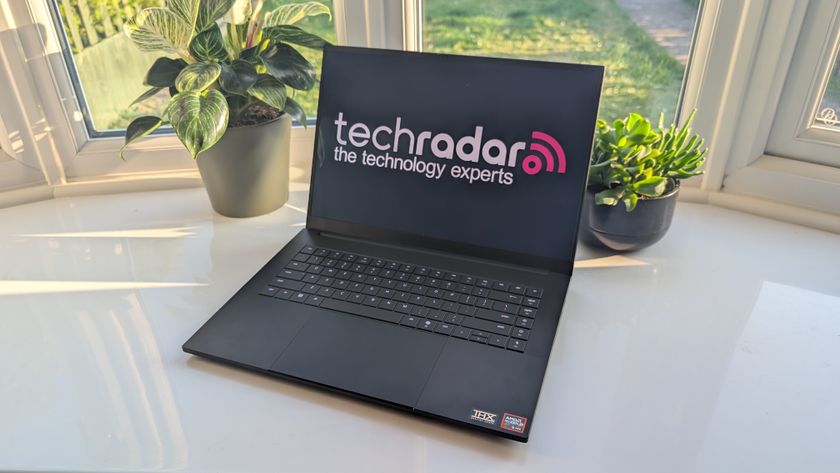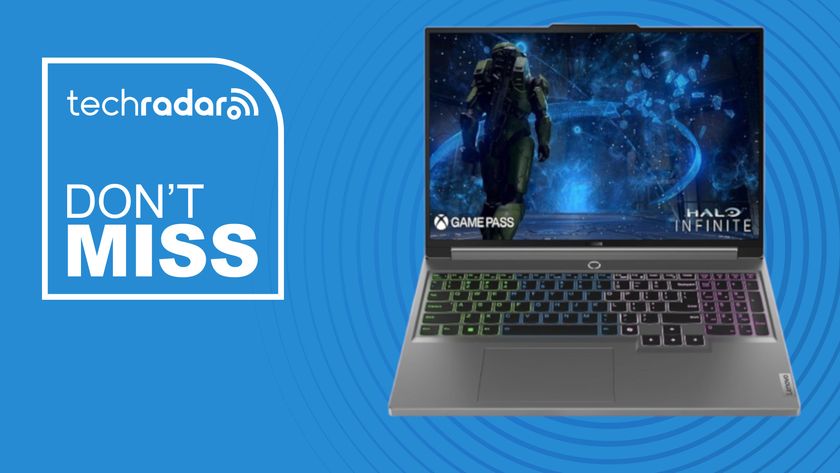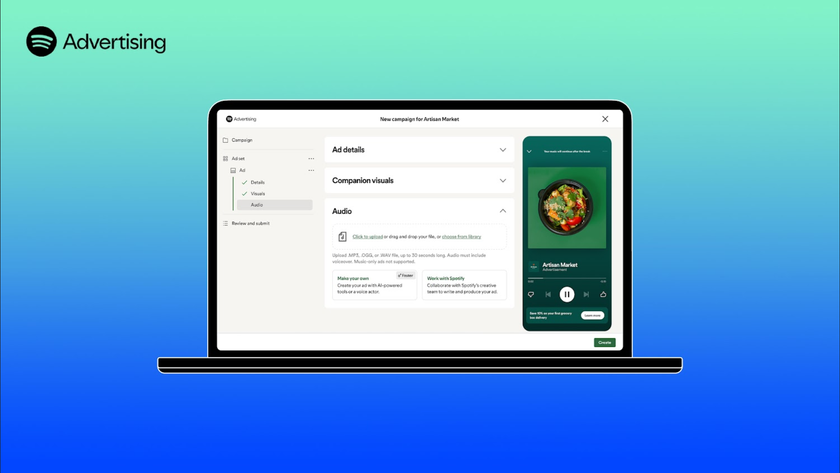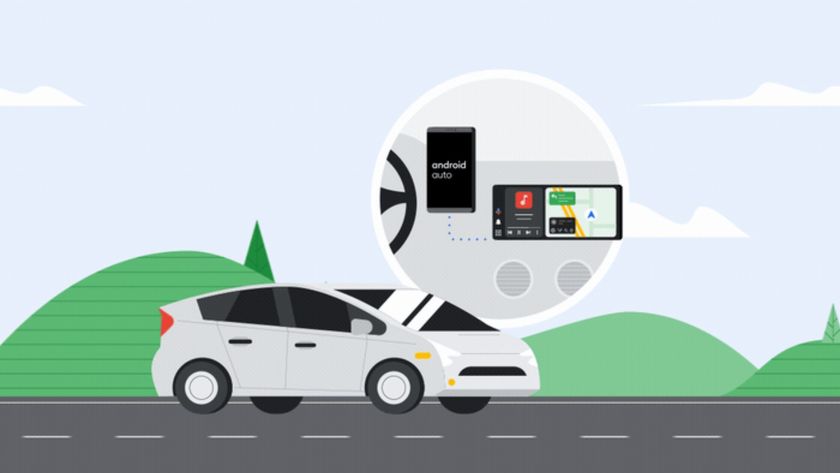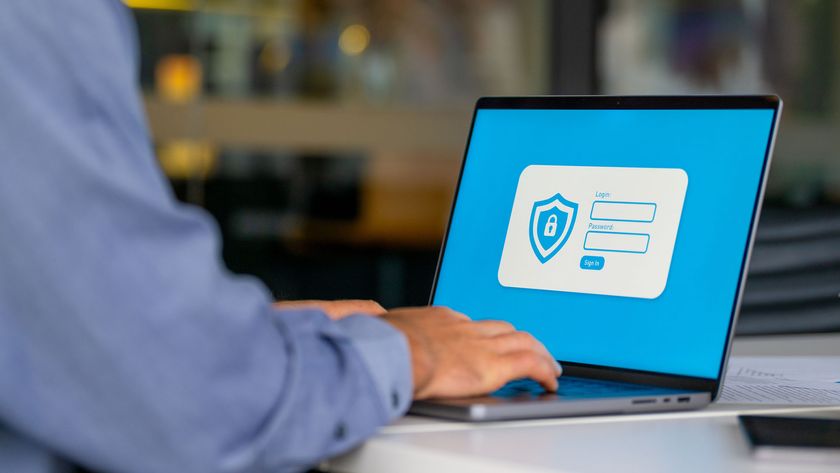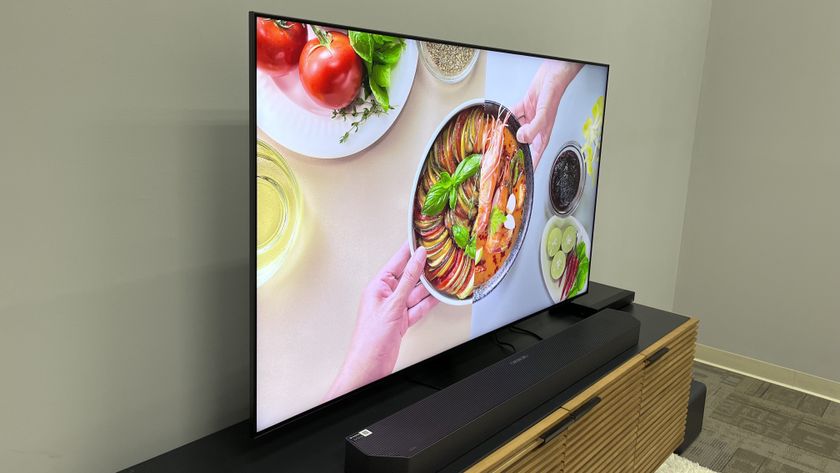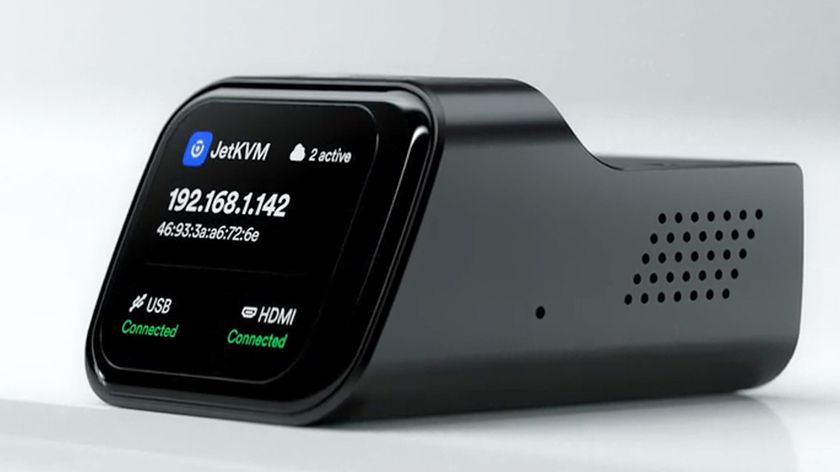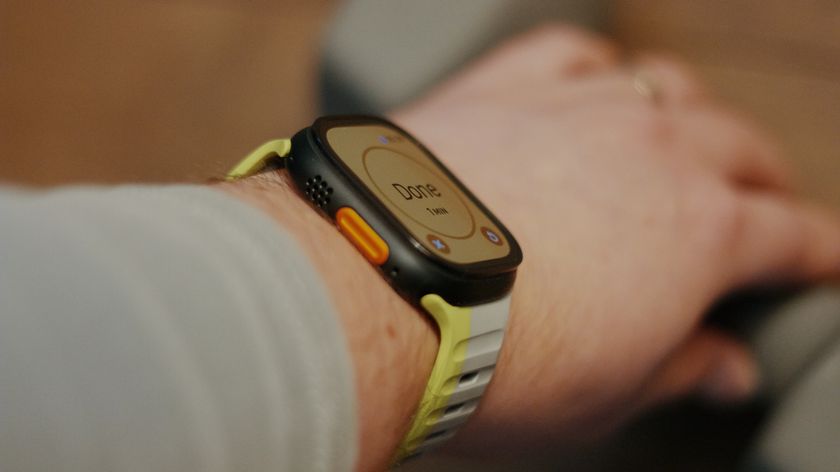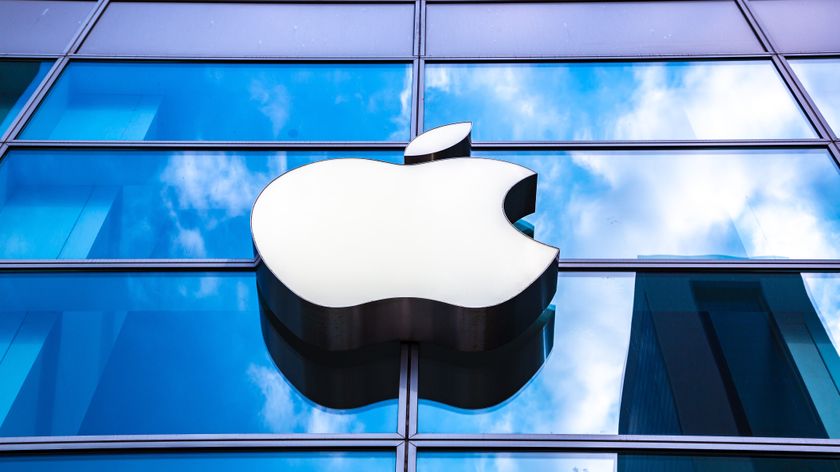How Indians’ computing needs are changing in the new normal
HP gives us an inside look
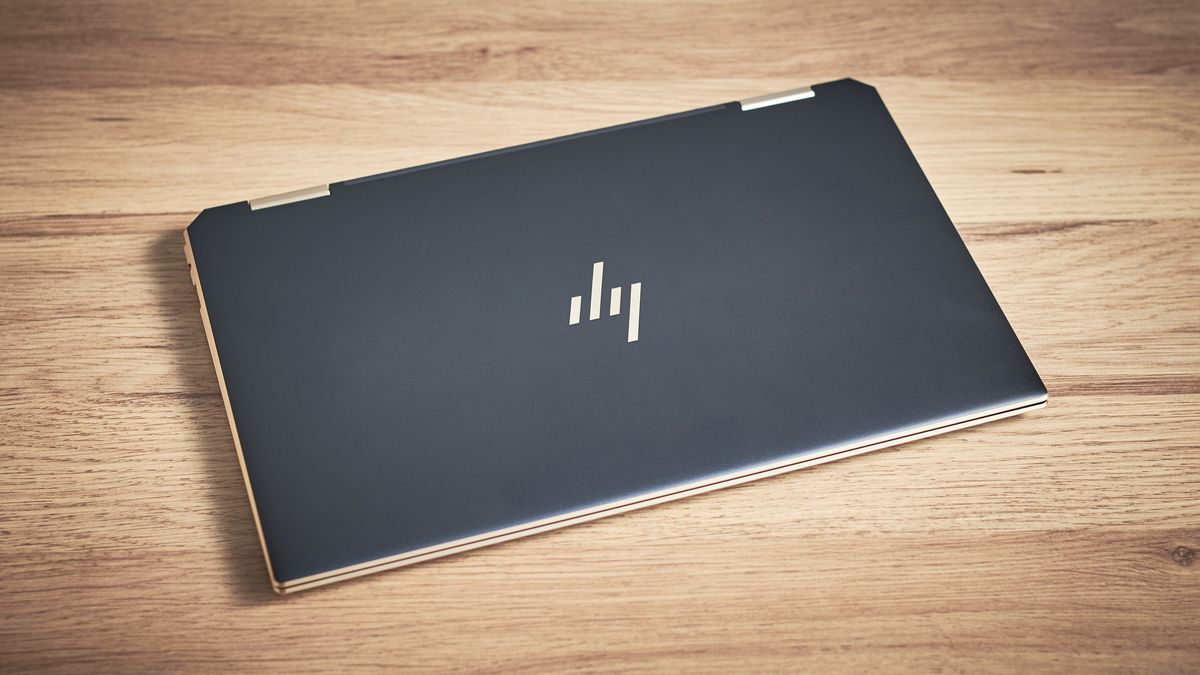

This piece was written with inputs from Vickram Bedi, Senior Director, Personal systems, HP India
Our world has changed drastically over the last few months, especially affecting the way we work. Our computers are now the centrepieces of everything, at home or at the office, for work and for play. Laptops being the obvious gainer in this situation, here’s how the market changed in the recent past.
In a period of weeks, people’s laptop usage patterns changed. The ripples created affected the demand for certain segments more than others. To talk about the evolution of the PC space, HP, near-30% market share in the Indian PC market, shared insights with us about what changes will be coming into action going forward.
- HP’s latest always-connected laptops introduced in India
- HP Omen 15 and other gaming products launched in India
- Exclusive: Asus bets big on gaming and dual-screened laptops in India
The gaming segment continues to grow
The gaming PC segment saw the highest growth with an almost 50% increase year-on-year, followed by the thin and light and high power categories. This is primarily driven by the fact that people are now looking for devices that can suffice all work-related needs as well as occasional recreational and entertainment needs.
While India has historically been a laggard at adopting new trends, most demographic factors are currently in its favour. With one of the biggest youth populations in the world, which is also extremely connected and exposed, gaming is a big part of their entertainment needs. Factors such as improved infrastructure and affordable data rates tip the scales further. Gaming has almost become a social network where friends can spend time together, talk for hours as well as bond. The otherwise limited interaction possibilities also work in its favour.
These factors have also increased people’s media consumption. Bedi also believes that this will invariably also create an environment that fosters creators who will be dependent on high-performance computers. The same is applicable for students too, as anyone buying a new machine will hope for a certain degree of gaming ability. The relaunch of the Omen lineup and refreshed Pavilion gaming laptops are a testament to this shift.
Changing priorities
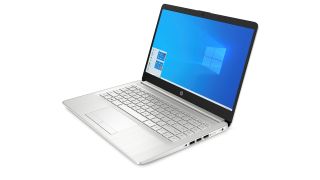
Some might wonder if portability will be lesser of a priority for users these days as they probably won’t be travelling as much. In reality, portability continues to remain one of the top priorities for people looking for a new laptop. Consumers don’t use their device in the spot within their house daily. Moreover, as a high-involvement product, they will hope to be able to travel with their computers one day.
With quickly-changing preferences, HP also believes that being nimble and flexible helps them stay ahead of the curve. For example, the recently-launched always-connected HP 14s laptop was launched to cater to users who wouldn’t want to be held back by their connection. “We’ve always believed in insight-driven innovation. We’re keen to understand the pain points of the customers we’re serving (technological or otherwise)”, adds Bedi.
Get daily insight, inspiration and deals in your inbox
Sign up for breaking news, reviews, opinion, top tech deals, and more.
The new normal
For the near future, brands will also have to change how they interact with their consumers and continue to bring them a satisfactory product and communication experience. One of the initiatives by HP included a WhatsApp hotline which can help people with their doubts and even address them remotely. This service is not exclusive to HP customers.
There’s also a much bigger change going on to reduce the friction that a consumer might face. Called Project Parivartan, HP is looking to become omnichannel in a way that potential buyers can experience products at one source and go ahead with the transaction at another point. Along with trust, this also allows them to experience more products without being held back by inventory bottlenecks.
After-sales support is extremely important in India. A new service on wheels initiative aims to take care of that in the current context where a product engineer can meet the customer at a neutral location and interact within a sanitized environment to get the product fixed. Additional strategies will be adopted to reduce the number of interactions needed for closures.
While HP has a fair amount of scale in India, they do realise the opportunity that still exists due to the rather low penetration of computing. Staying true to their vision of creating technology that makes lives better for everyone, product roadmaps will be implemented to address the needs of all sorts of consumers — be it a first-time laptop owner or a gaming enthusiast.
Aakash is the engine that keeps TechRadar India running, using his experience and ideas to help consumers get to the right products via reviews, buying guides and explainers. Apart from phones, computers and cameras, he is obsessed with electric vehicles.

